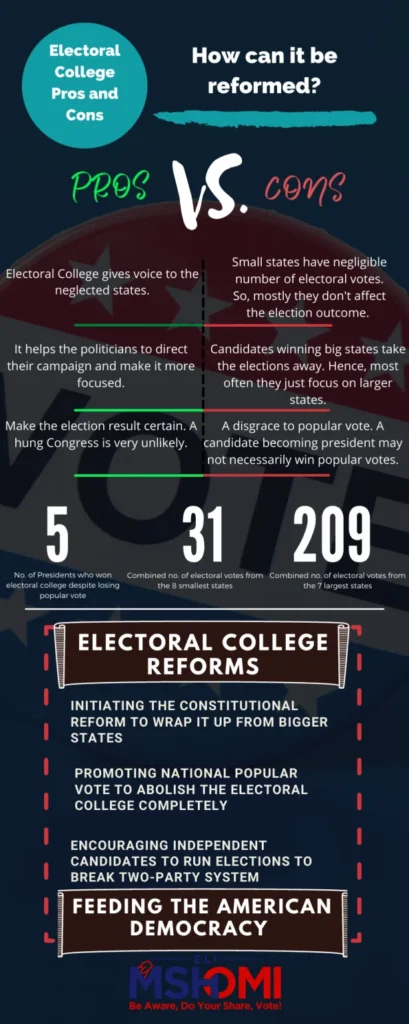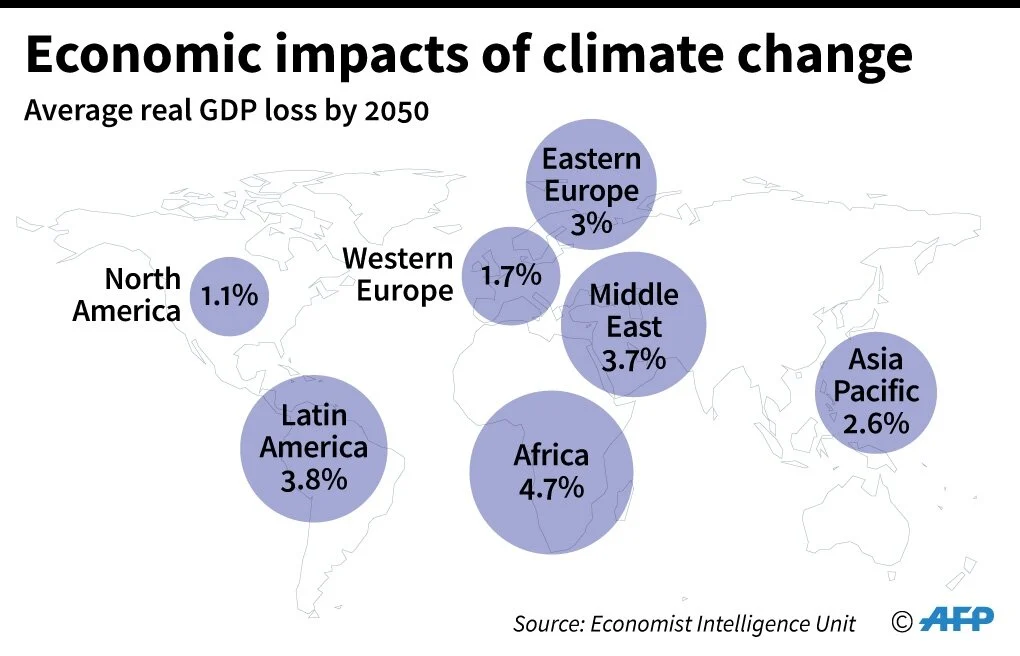The Electoral College is a unique system used in the United States to elect the President. Understanding the Electoral College: Pros and Cons is essential to grasp the complexities and implications of this method. The system was established by the founding fathers as a compromise between election of the President by a vote in Congress and election of the President by a popular vote of qualified citizens. The Electoral College consists of 538 electors, with a majority of 270 electoral votes required to elect the President. Each state’s number of electors is equal to the number of its Senators and Representatives in Congress. This system has sparked debate over its advantages and disadvantages.
One of the most debated aspects of the Electoral College is its potential to disregard the popular vote and elect a President who did not win the majority of votes from the American people. This has led to calls for a direct popular vote system, where the President is elected solely based on the national popular vote. Additionally, concerns have been raised about the winner-takes-all system in most states, which can lead to candidates focusing solely on swing states and neglecting the concerns of the rest of the country. Despite these criticisms, proponents of the Electoral College argue that it provides a fair representation for smaller states and prevents densely populated urban areas from dictating the outcome of the election.
Understanding the Electoral College: Pros and Cons
When it comes to the electoral college, there are both pros and cons to consider. The electoral college is a complex system that plays a crucial role in the election of the President of the United States. Understanding its pros and cons can help provide insight into the ongoing debate about its effectiveness and fairness.
On one hand, the electoral college provides a level of representation for smaller states. Without it, presidential candidates might only focus on campaigning in the most populous states, neglecting the concerns and needs of smaller states. Additionally, the electoral college helps to ensure that the President has support from a diverse range of regions and demographics, rather than just winning the popular vote.
Pros of the Electoral College
The electoral college system prevents a scenario where a candidate could win the presidency by focusing solely on high-population urban areas, disregarding the concerns and needs of citizens in rural or less populated areas. This helps to ensure that the President represents a broader range of interests and perspectives. Additionally, the electoral college provides a clear and decisive outcome to the presidential election, as the winner must secure a majority of electoral votes, rather than just a plurality of the popular vote.
Moreover, the electoral college can help prevent the need for nationwide recounts in the event of a close election. Because the focus is on winning electoral votes rather than the popular vote, a close race in one state does not necessitate a recount in every state, making the election process more manageable and efficient.
Cons of the Electoral College
One of the main criticisms of the electoral college is that it can lead to a situation where the winner of the popular vote does not win the presidency. This has happened in a few elections throughout U.S. history, leading to questions about the fairness and legitimacy of the electoral college system.
Additionally, some argue that the electoral college gives disproportionate power to swing states, leading to a focus on these states during campaigns while ignoring the concerns of other states. This can create an imbalance in the attention and policies that presidential candidates prioritize, as they cater to the needs of swing states at the expense of others.
Pros and Cons of the Electoral College
| Pros | Cons |
|---|---|
| 1. Protects small states from being ignored in presidential elections | 1. Can result in the candidate with fewer popular votes winning the election |
| 2. Provides a clear winner in a multi-candidate race | 2. May discourage voter turnout in states where one party consistently wins |
| 3. Forces candidates to campaign in a diverse set of states | 3. Does not guarantee that the winner will have a majority of the popular vote |
Conclusion
The Electoral College has both advantages and disadvantages. It helps to protect the interests of smaller states and ensures a clear winner in the election, but it can also lead to the candidate with fewer popular votes winning the presidency. The system forces candidates to campaign in a variety of states, but it may also discourage voter turnout in states that consistently favor one party. Overall, the Electoral College is a controversial aspect of the American electoral system, with both supporters and critics.



